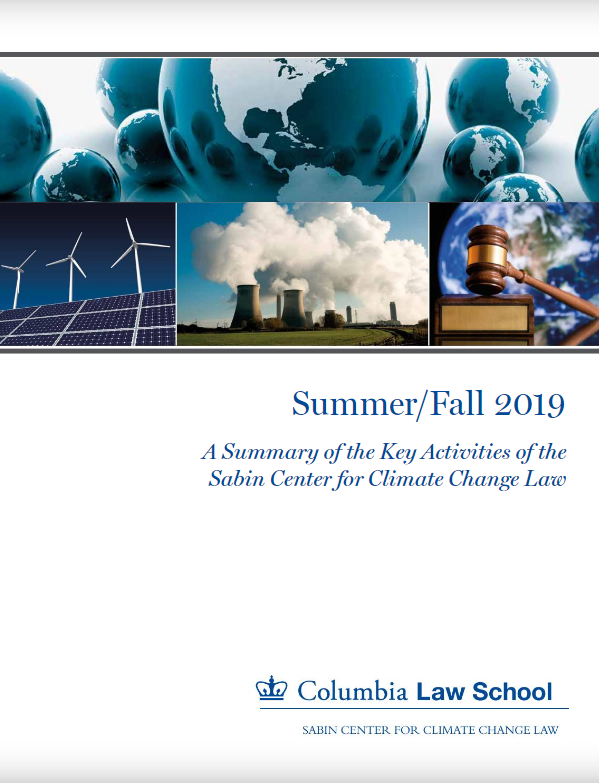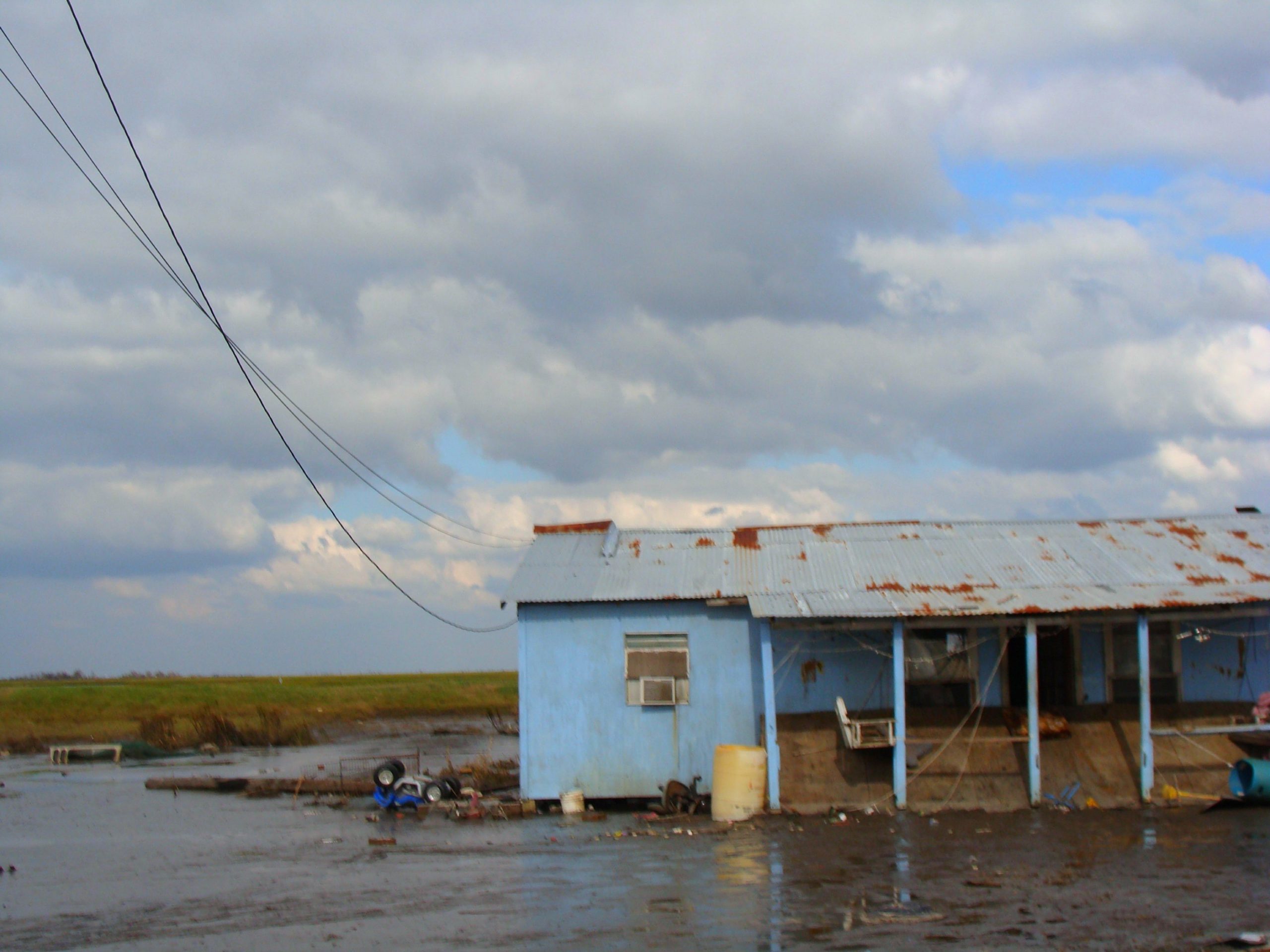By Hillary Aidun Last month, the Environmental Protection Agency’s (EPA) Science Advisory Board (SAB) issued a draft report sharply criticizing the analysis underpinning the agency’s proposed rollback of new motor vehicle standards. The report is one more piece of evidence that the Trump administration EPA is seeking to enact environmental […]
The Sabin Center for Climate Change Law posted its Summer/Fall 2019 Semi-Annual Report, which includes a summary of the Center’s key activities between June and December 2019. It is available for download here. Below are some key highlights from the report: The Sabin Center launched several new projects: the Cities Climate […]
By Hillary Aidun & Ama Francis A decision last week by the UN Human Rights Committee indicates that if climate impacts worsen in the future, countries may not return climate migrants to their home states where their right to life is threatened. The decision represents a step forward since climate […]
By Susan Biniaz With Madrid behind us and Glasgow on the horizon, it is a good time for Parties and others to consider the future of the annual COP. (By “COP,” I mean the climate conference writ large, rather than the “Conference of the Parties,” the narrower technical name for the […]
By Margaret Barry and Hillary Aidun Each month, Arnold & Porter and the Sabin Center for Climate Change Law collect and summarize developments in climate-related litigation, which we also add to our U.S. and non-U.S. climate litigation charts. If you know of any cases we have missed, please email us at columbiaclimate@gmail.com. HERE ARE […]
By Jessica Wentz and Michael Burger On January 9 the Council on Environmental Quality (CEQ) published a proposal to dramatically overhaul the federal regulations governing environmental reviews under the National Environmental Policy Act (NEPA). The proposal represents a significant departure from CEQ’s prior interpretation of NEPA as well as decades […]
In July 2019, Berkeley, California made news with the first-ever municipal ban on new natural gas hookups in the U.S. Hailed as “momentous” and a “landmark move,” Berkeley’s ordinance inspired other municipalities in California and beyond to consider and enact similar bans. At latest count, more than 50 municipalities […]
By Margaret Barry and Hillary Aidun Each month, Arnold & Porter and the Sabin Center for Climate Change Law collect and summarize developments in climate-related litigation, which we also add to our U.S. and non-U.S. climate litigation charts. If you know of any cases we have missed, please email us at columbiaclimate@gmail.com. HERE ARE […]



